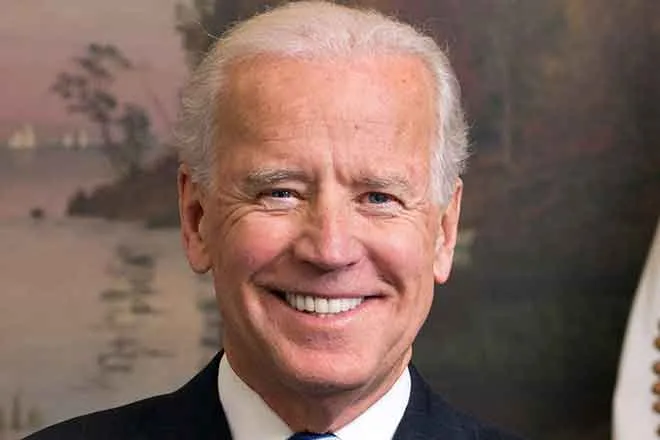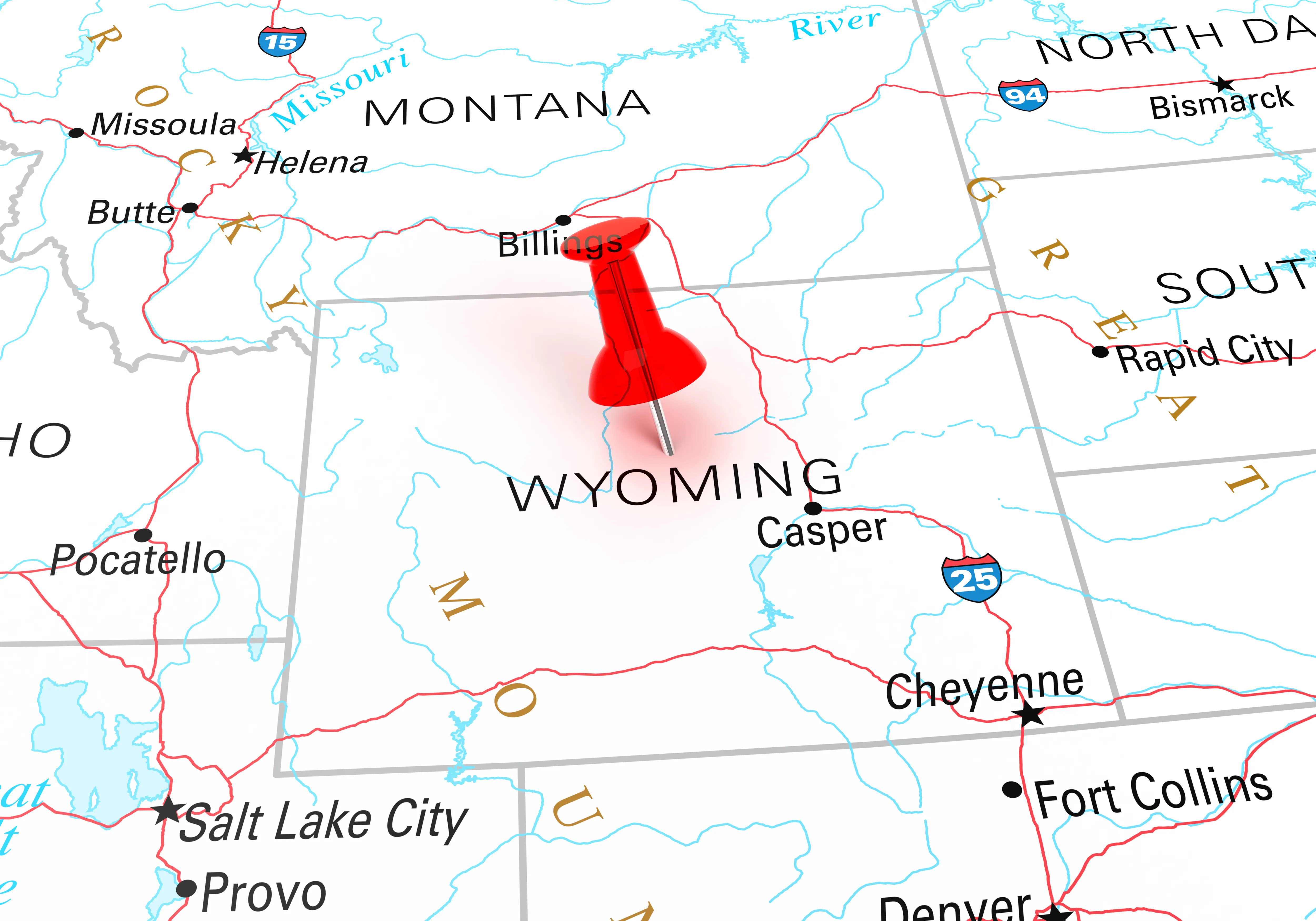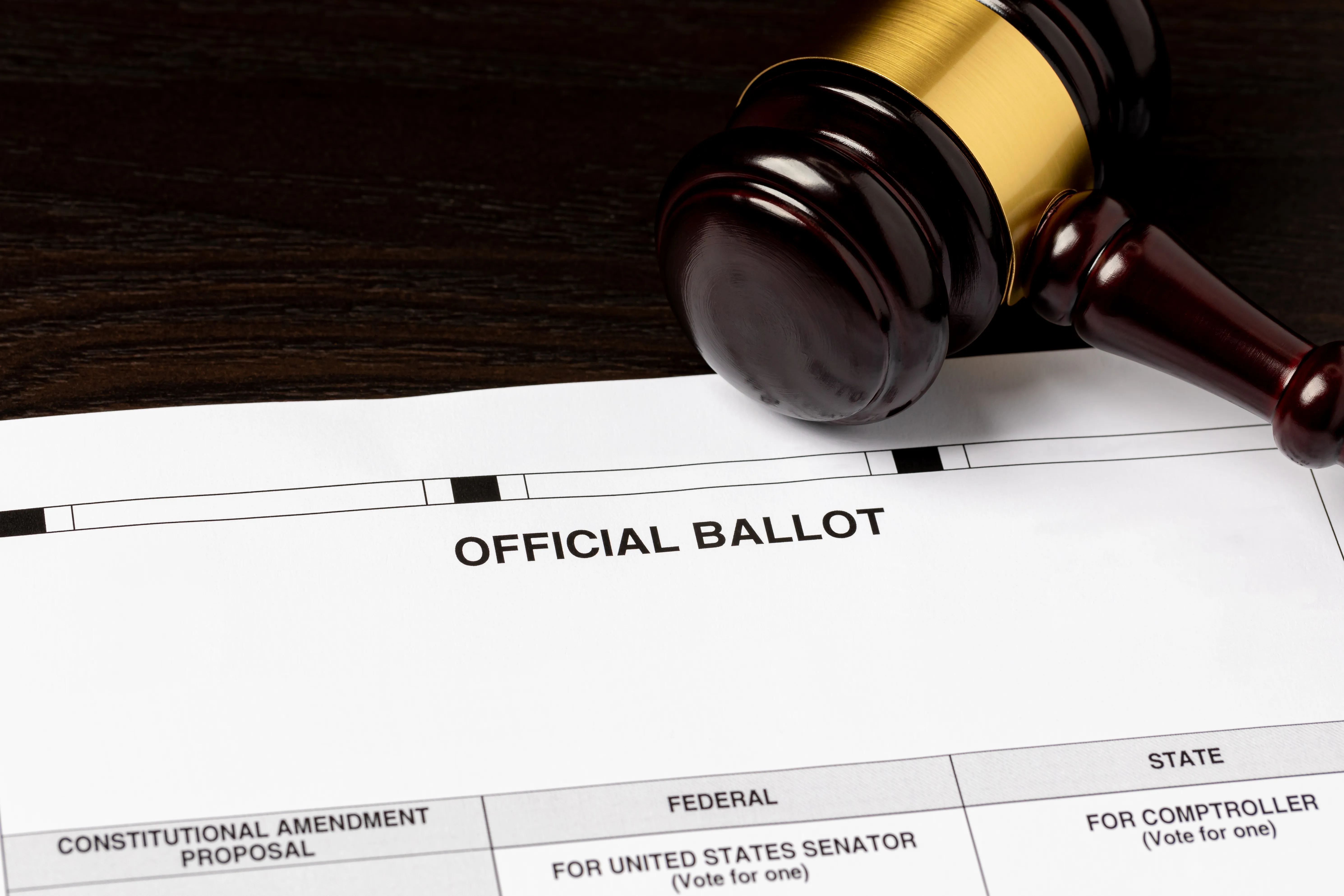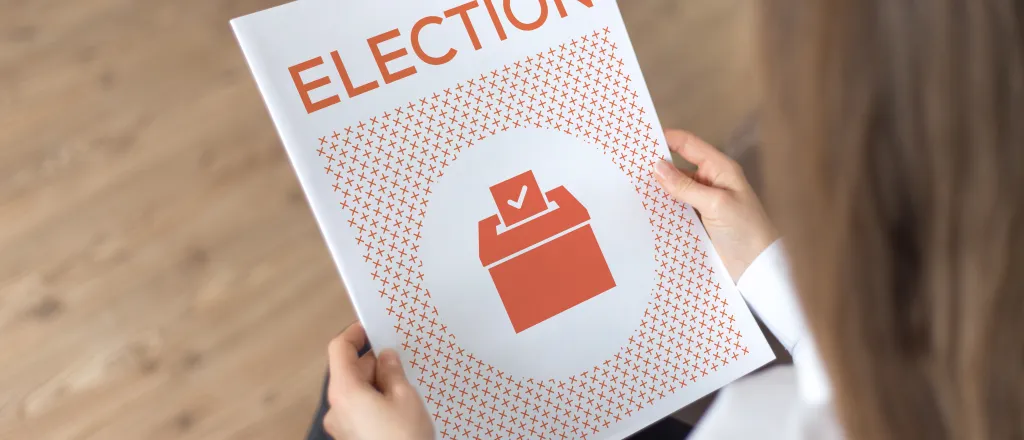
South Dakota lawmakers debate signature rules for ballot initiatives
Click play to listen to this article.
(Greater Dakota News Service) South Dakota is once again at the center of a debate about the future of direct democracy.
A legislative plan would shake up signature rules for citizen-led ballot initiatives. Now making its way through the state Senate, the plan would create a process for people who want their signature removed from a petition for a statewide ballot question.
Rep. Jon Hansen, R-Del Rapids, the bill's sponsor, testified at a Senate committee hearing this week. He views it as a pro-democracy attempt to help residents if they feel misled by a person or group circulating petitions.
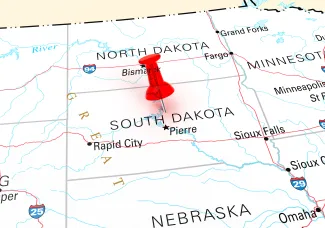
"For petitioners, because of course we want to be sensitive to their rights as well, the reality is if you've been an honest broker -- if you haven't misled or engaged in fraud when circulating petitions -- you've got absolutely nothing to worry about with this bill," Hansen contended.
But opponents note this comes amid a petition effort to bring back abortion rights in South Dakota, and Hansen is a leading opponent of the plan. The Republican-led Legislature has made previous attempts to limit the scope of ballot initiatives, following proposals like marijuana legalization and Medicaid expansion. Lawmakers are now pursuing work requirements for Medicaid, even after voters endorsed expanding the program.
The signature bill has seen some amendments to ease opponents' concerns.
Mitch Richter, lobbyist for the South Dakota Farmers Union, told lawmakers the overall plan is unnecessary and current rules offer enough protections.
"We've made it very, very possible for a person to understand what they're signing before they sign it," Richter pointed out.
The organization leading the abortion petition has suggested legal action is possible if the bill is adopted. An earlier version of the measure cleared the House.

